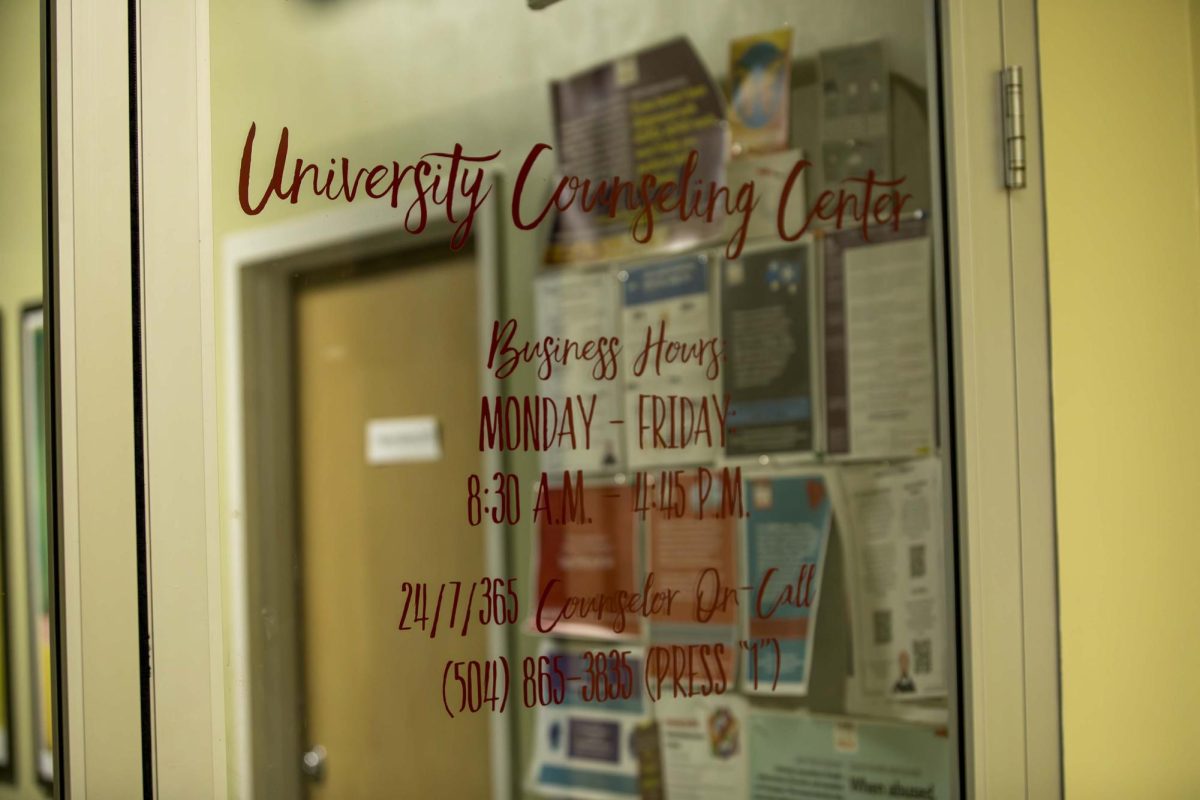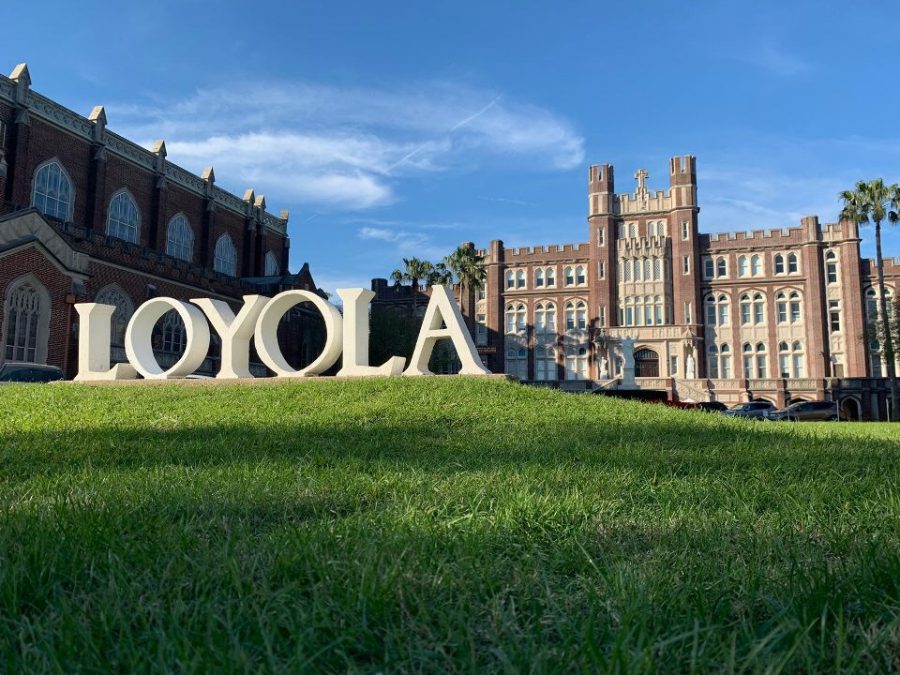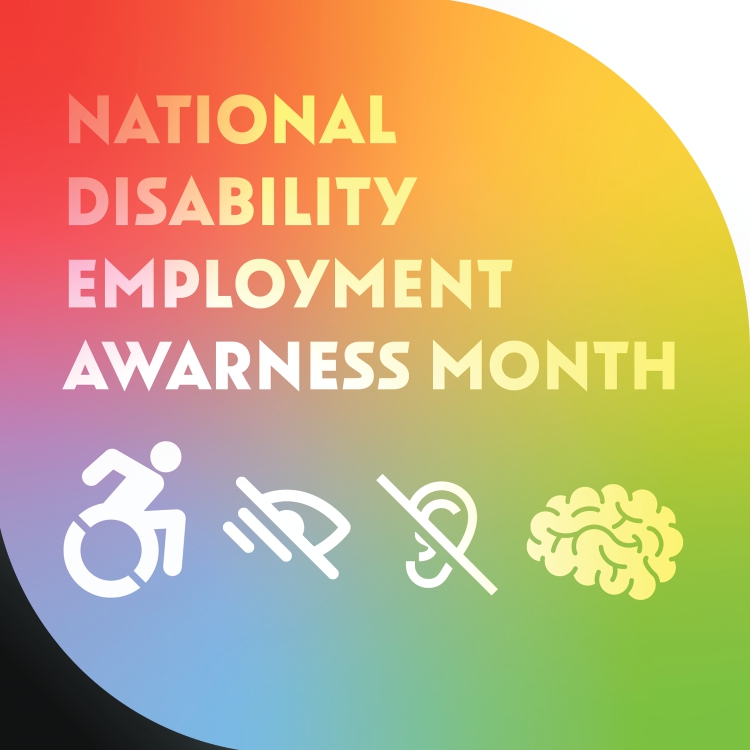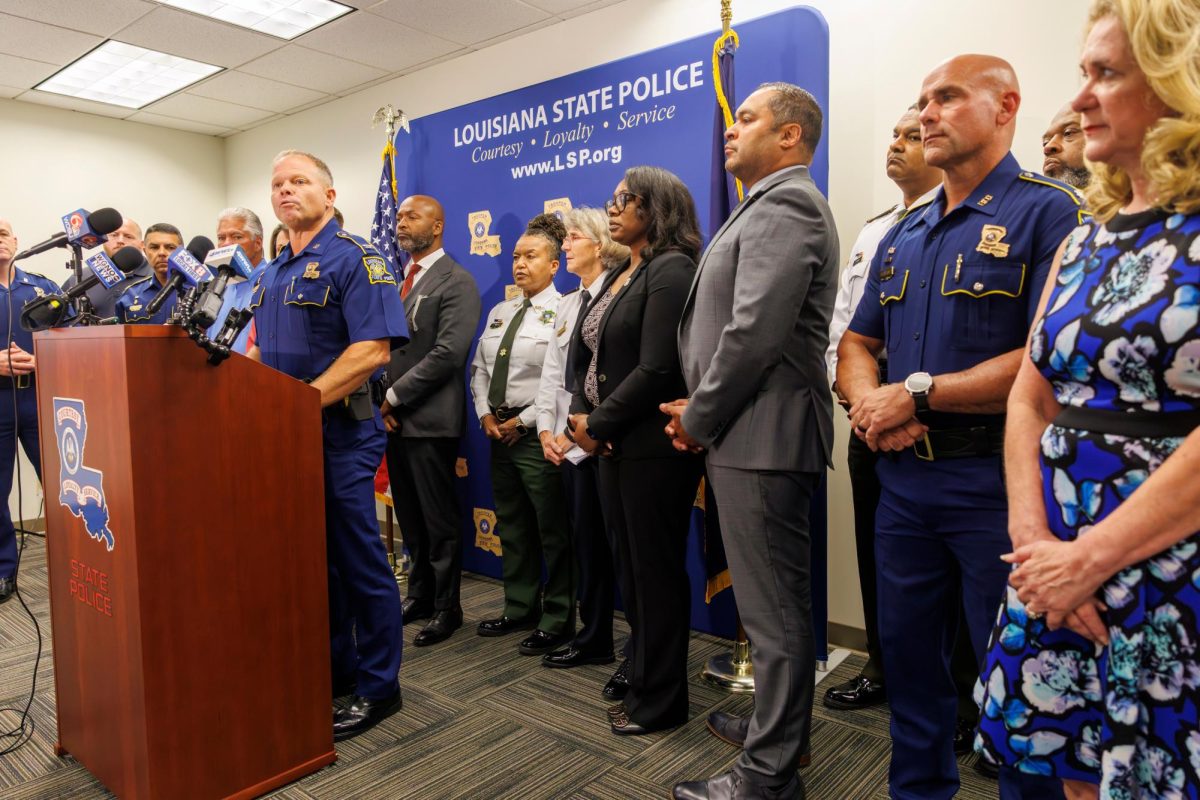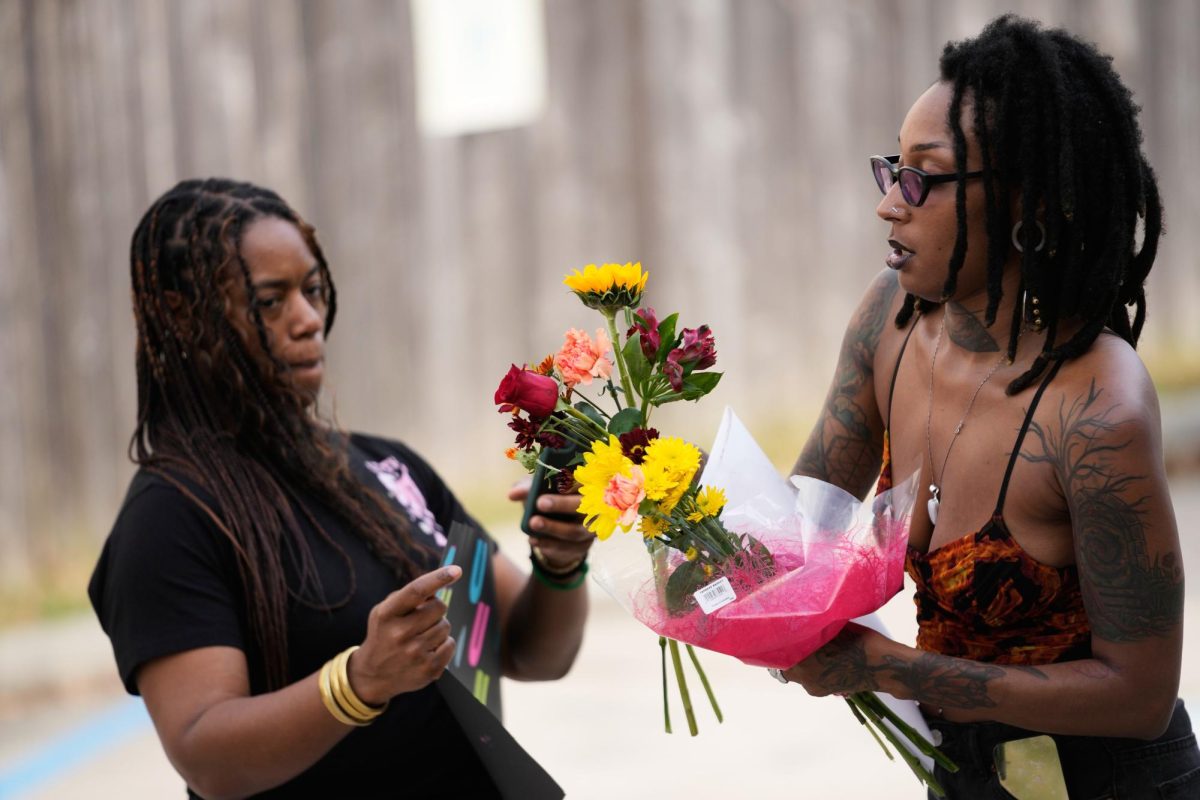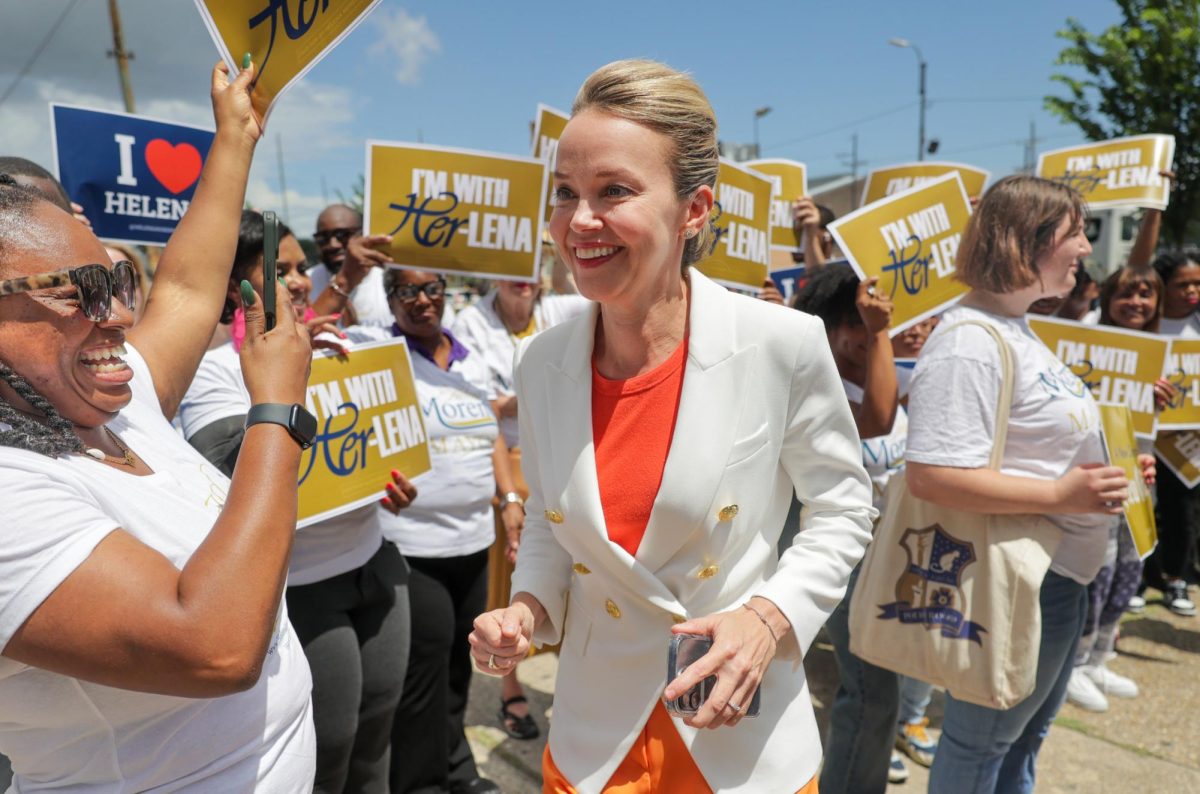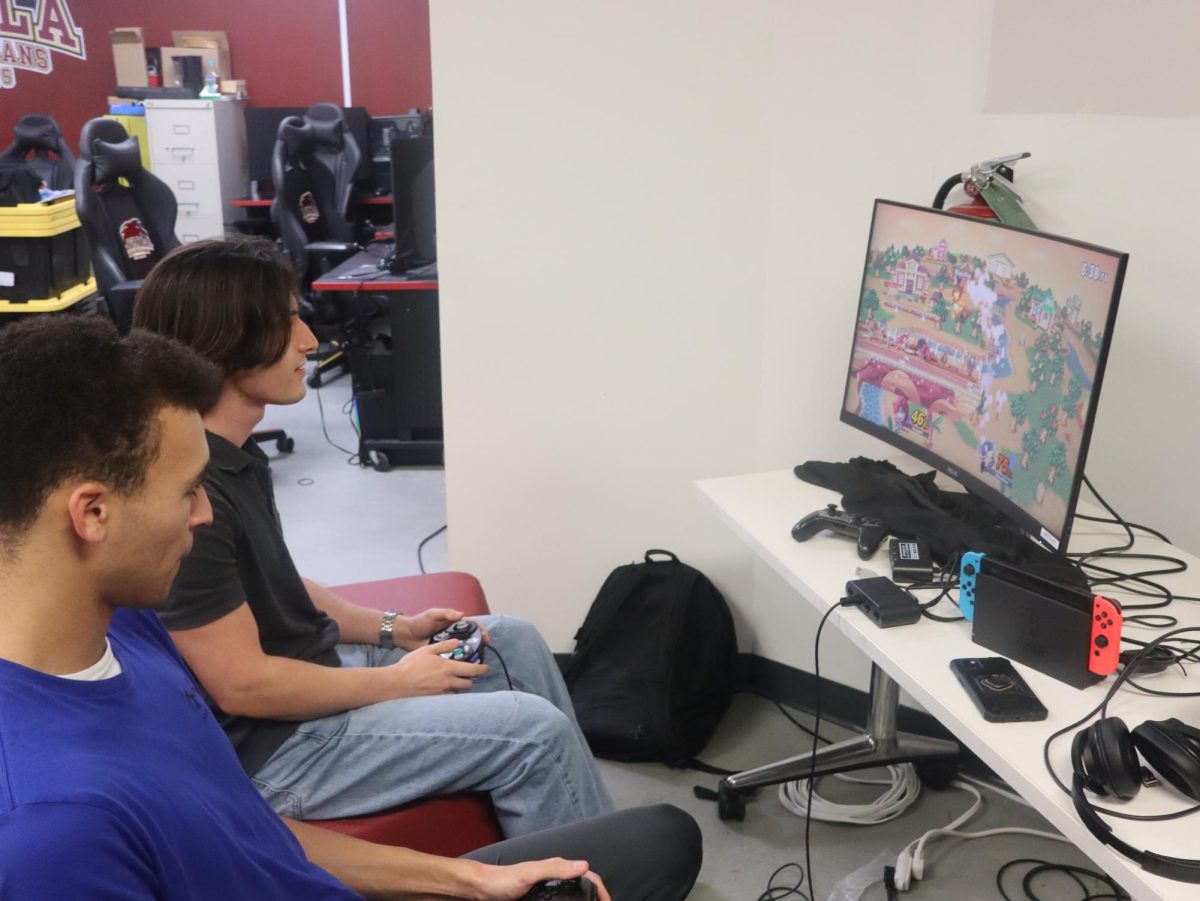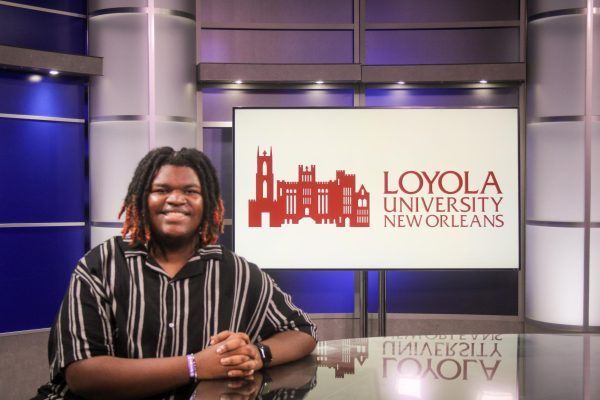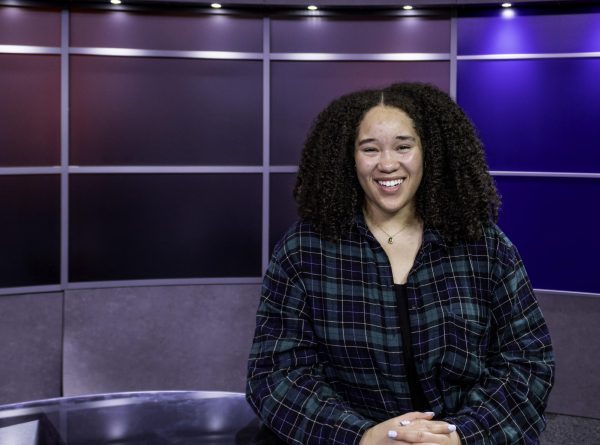Throughout this year, students have faced a variety of obstacles with Student Health Services and the University Counseling Center.
Many often talk about the wait time to be seen by a student health professional, with it taking up their entire day, or the long wait time after scheduling appointments with the counseling center.
According to Amie Cardinal, registered nurse and clinical operations supervisor, for Student Health Services, students do not schedule an appointment in advance; instead, they conduct walk-in appointments.
“The wait time depends on how many students walk in. This will vary depending on the day. We do see longer wait times during our busier season, which is in the fall/winter months. Many days, there is no wait at all,” Cardinal said.
Despite the issues that students face with the wait times, Student Health Services provide a multitude of resources for students through the people that staff the center.
Cardinal said during business hours, students have a patient access representative who registers students at the front desk, a medical assistant, a provider – either a doctor or nurse practitioner – and herself, the RN supervisor.
Should a student need more immediate assistance than their next appointment provides, they can consult with the RN for a plan of care and be referred to the Loyola University Police Department for assistance with Emergency Services.
Student Health Services can also aid students with mental disabilities and mental health issues. They can refer students both to the counseling center on campus or to other specialists within the Ochsner Health System should it be necessary.
Students from all across campus have run into frustration dealing with student health services, whether it was because of the time it takes to be seen, or a lack of transparency surrounding costs.
History student Oliver Ball shares a similar sentiment regarding Student Health Services; while he believes that the environment and outreach are great, the services provided are lacking.
“In terms of what they do, they never have done too much for me. I also think it’s overpriced,” Ball said.
He went in recently for a fractured wrist and was given contradictory information between Student Health Services and Ochsner Health. Student health told him that he did not fracture it while Ochsner Health did.
Student health told him that he could wear a brace and take over-the-counter medication while the hospital told him that he should use prescribed medication.
Ball was left to go with what student health told him to do, and he said he felt that it delayed his recovery time by three weeks.
He said he wishes that Student Health Services would be more upfront with students about the cost in relation to the services that could be provided.
On the other hand, psychology freshman Joshua Fletcher wishes that there could be an improvement on the quality of service.
Fletcher said, “I do wish it had more resources to provide a better service for students, especially because we are paying with insurance.”
While they have not experienced any complications with getting medications, or with people in either center, they said that the timing is the main issue with the services.
“The Student Health Center, I do feel it takes a very weird amount of time to get something checked out, and it gets pretty annoying because a lot of times it’s just a minor thing you want to get checked out, but it doesn’t feel like it’s worth it because of the time investment,” Fletcher said.
Public health freshman Lucy Rhoades said that her overall experience with Student Health Services has been “confusing.”
During her first week of classes, she was showing symptoms of COVID-19 and during that period, Rhoades said student health left her in the dark concerning what to do after that point.
While she praises the environment, she believes that Student Health Services could be more transparent and open with students about their health plans.
“I think because it’s located on a campus, and we’re adults – but we’re also kids – they could do more to adjust to the demographic they’re serving,” Rhoades said.
Similar to Student Health Services, the University Counseling Center is another student health resource available on campus.
The counseling center has trained staff available to students at any given time, and despite the typical two-week waiting period for booking an appointment, if more immediate help is needed students can call the crisis helpline.
Director of Counseling and Student Health Dymphna Davis-Clay said, “Crisis and triage appointments are available daily at the UCC. Psychological emergencies willbe seen on the same day. In the event of a mental health crisis, call the UCC at (504) 865-3835 or stop by the Danna Center 208.”
Should students need to seek help after business hours, they can call the same number and press 1 after the prompt to for contact with the counselor-on-call.
The counseling center can also provide students with medication and refills given that they are working with the center. If not, students can reach out to Student Health Services for prescription refills.
Davis-Clay said, “If a student is seeing one of our staff psychiatrists, they can call us to coordinate getting a refill of their medication. For students that are not working with the UCC, Student Health Services can support students in getting emergency refills for certain prescriptions.”
If a student needs support with this process, they are encouraged to call and schedule an appointment with a case manager.
Fletcher believes that scheduling and resources within the university counseling are consistent.
Fletcher said that students get less frequent visits with the UCC.
Typically, students are seen every two weeks or once a month for counseling. Students who need more support can receive counseling every week.
They feel that despite the consistency, it still has the capacity to leave students open to struggle because of the lengthy time in between appointments.
Fletcher said, “I feel like it’s consistent, and if someone needs mental health counseling, they can definitely get it, but I do feel like it leaves people open to struggling because it does take a certain amount of time before getting their next appointment.”
They believe if the budget could be increased and more counselors could be available for students, then the experiences that students have would be improved overall.
Finance freshman Makayla Horton recounted having a generally positive experience with the counseling center. However, she shares the same frustration that Fletcher, and many students on campus, have regarding the lack of appointment availability.
“I know many people [on campus] see it as a resource and I think if people were able to go more it could just be more helpful,” Horton said.
She also feels that the counseling center is underused and that more students should take advantage of the center as a resource.
Horton said, “They really helped me through my adjustment period here just having someone to talk to from an outside perspective. I think it’s one of the best resources we have on campus, honestly.”


